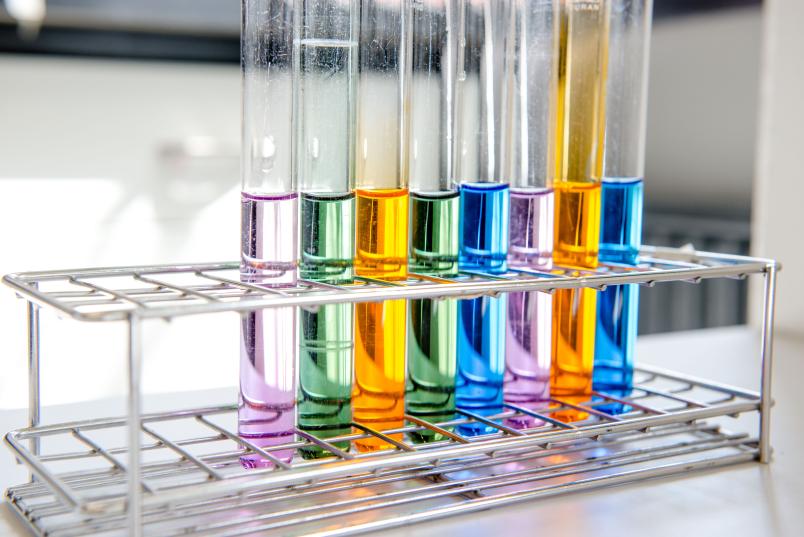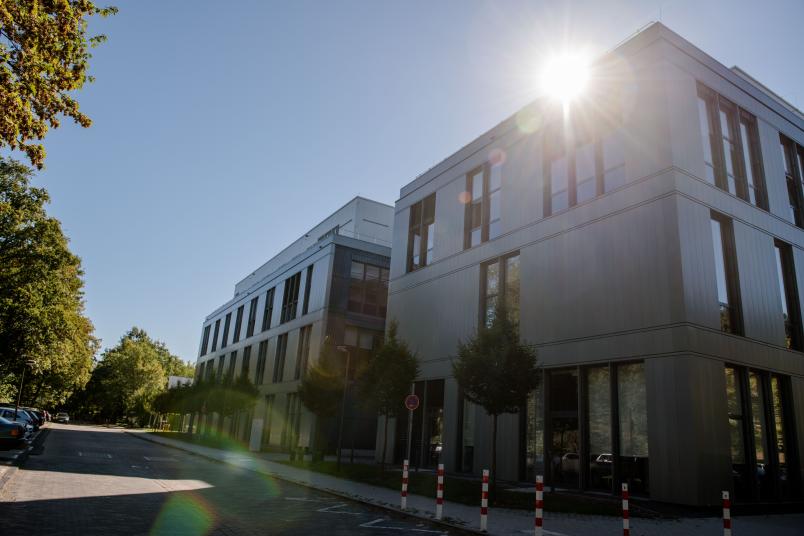RESOLV
Extremely visible
The Cluster of Excellence RESOLV focuses on people and diversity. This pays off in high visibility.
Nowadays, Professor Martin Stratmann is President of the Max Planck Society, based in Munich. But ten years ago, he was fighting alongside Professor Martina Havenith and other Bochum researchers to get the Cluster of Excellence RESOLV (Ruhr Explores Solvation) funded for the first time – with success. In its second funding period, the cluster is now a flagship program of the University Alliance Ruhr and as such “extremely visible, even from afar,” Stratmann said at the RESOLV New Year’s reception, which has become a good tradition.
In early February 2021, Stratmann was the keynote speaker at the gathering of nearly 100 participants, which moved online for the first time because of the pandemic.
Impressive balance
200 scientists from the RUB, the TU Dortmund University, the University of Duisburg-Essen and three other research institutions from the Ruhr area cooperate across disciplines within the cluster. This cooperation was as productive as ever in the past, and peculiar, year 2020. For many, Corona threw a spanner in the works. But those involved in RESOLV used the opportunity to move forward, complete projects, and evaluate data to publish their results in internationally renewed journals even though they were confined to work-from-home. This has resulted in more than 120 publications in 2020 alone, some of them as joint productions of two or three working groups within the cluster. “That is – despite all the limitations – an impressive record,” says RESOLV spokesperson Martina Havenith.
People matter
Havenith sums up the formula for RESOLV’s success in two words: “People matter”. Both in recruiting researchers and in collaborating with each other, only the person is relevant, his or her performance and diversity. “We don’t focus onto institutional quotas,” Havenith says. In recent years, for example, RESOLV succeeded in recruiting two Heisenberg professorships, attracting six heads of Emmy Noether junior research groups, bringing three award-winning researchers in the NRW Returnee Program to the Ruhr region, as well as recruiting and supporting seven researchers that then secured an ERC grant. This is one of many successes that the cluster can look back on since its initial funding in 2012.
What’s coming up in 2021
But there is no looking back without looking forward to what is to come. In the future, RESOLV will do an even better job of recruiting good students. For example, in 2021, as part of an educational project together with the Alfried Krupp School Laboratory at RUB, the cluster will for the first time award prizes to “Facharbeiten” (small research projects) on solvation science made by secondary school students. Aimed at university students, the Solvation Science Students’ Challenge will be launched in collaboration with Evonik in the fall of 2021, focusing on research, development and business start-ups.
In general, everything related with spin-offs, transfer and research applications will be further expanded in the coming year. RESOLV is already very close to the industry through the chemistry incubator Start4Chem (head Professor Kristina Tschulik) and the Ruhr Conference – just one reason why RESOLV spokeswoman Havenith was part of the experts’ panel at the Annual Economic Reception of NRW Economy Minister Professor Andreas Pinkwart. Just one day before its own New Year’s reception, RESOLV gave its contribution there on the discussion about industrial policy perspectives for the twenties. This shows where the journey is headed in 2021 and beyond.


